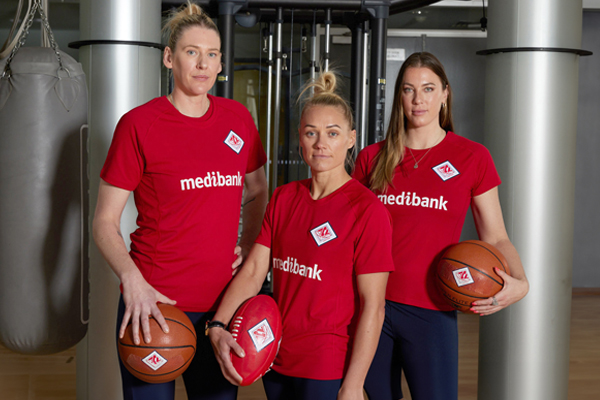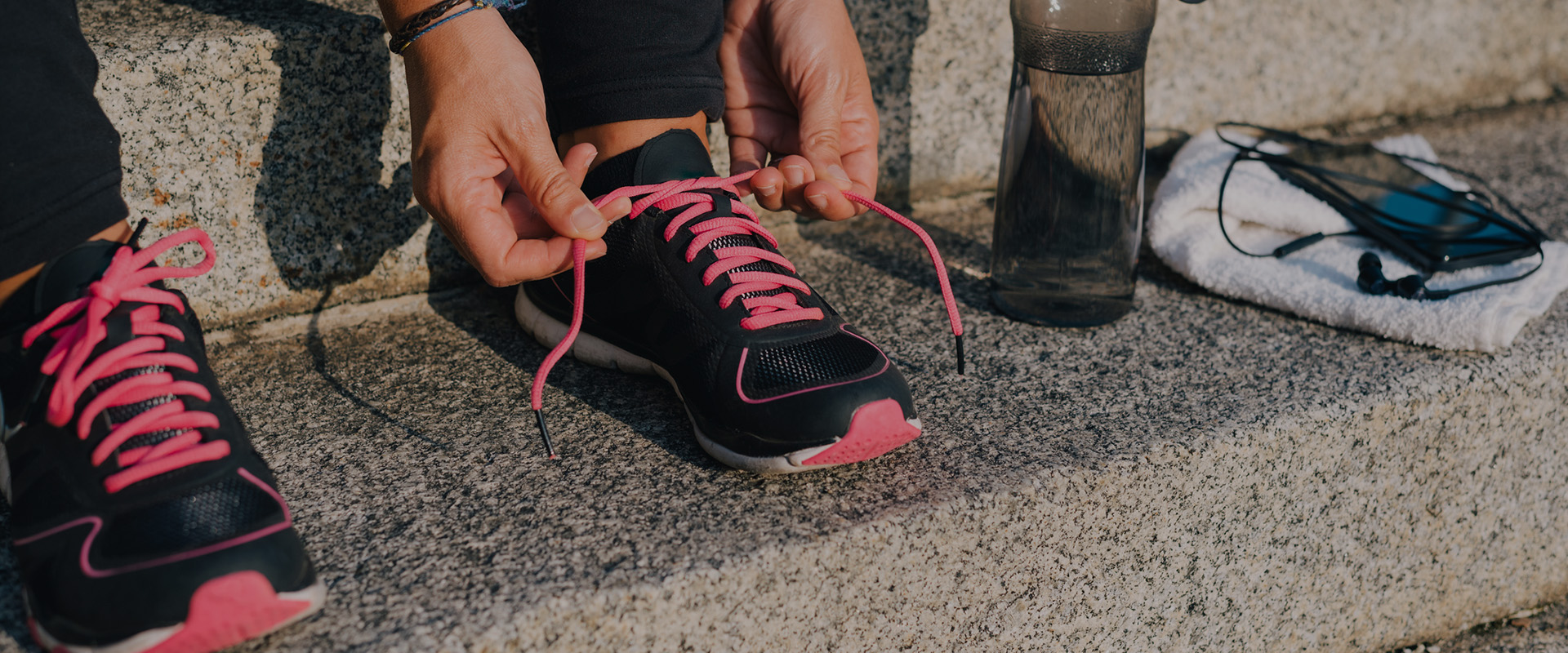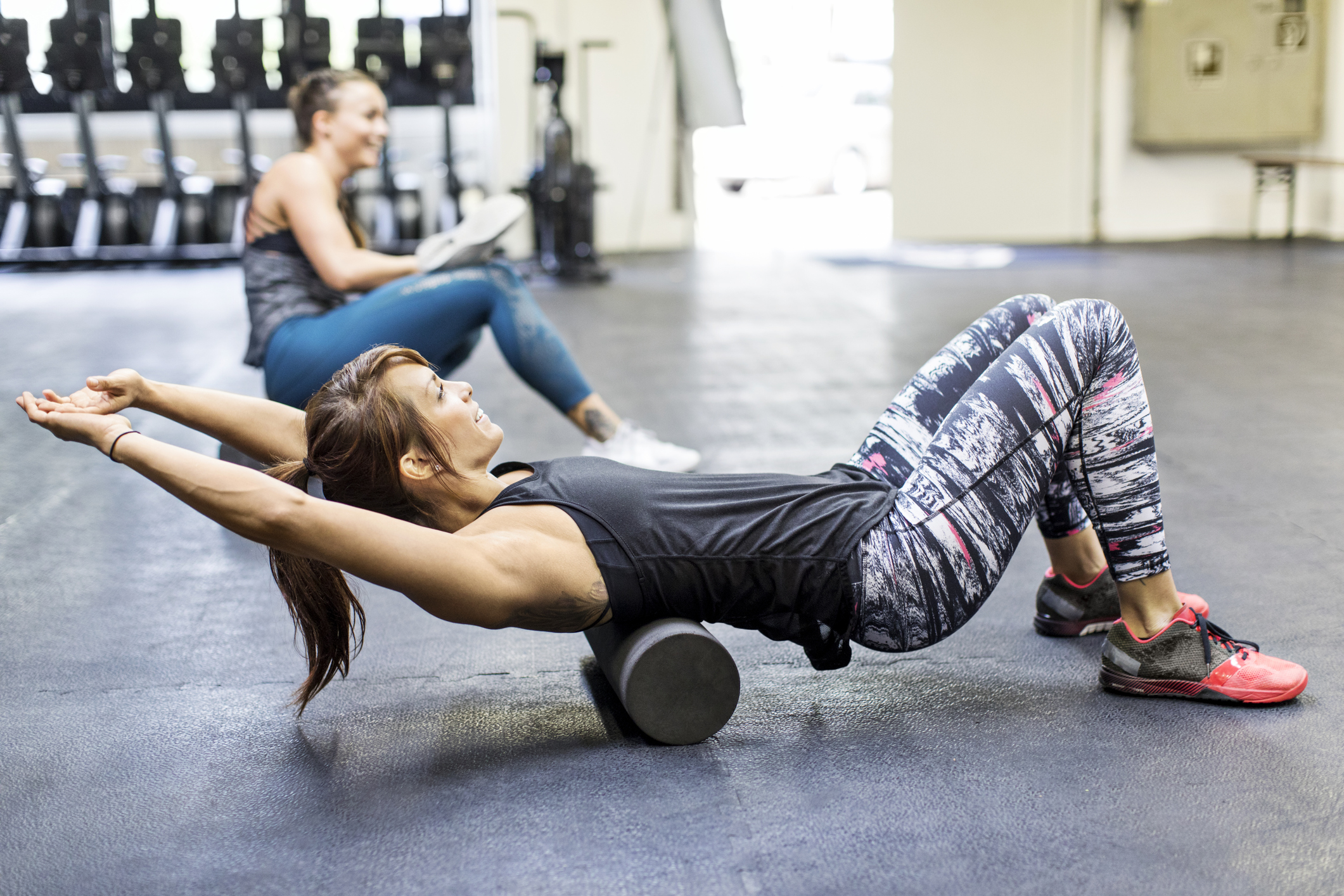-
1. It helps you focus on a clear goal
The classic wisdom about goal setting states that your aims should be Specific, Measurable, Achievable, Realistic and Time-based. Whether your overall goal is to increase your fitness, lose weight, or just get more physical activity in your day, being able to track your movements helps with many of those key goal setting elements.
When you choose a number of steps to aim for, it might seem like a random number – 10,000 steps is recommended by many as a healthy target, though depending on where you’re at you might pick anywhere from 5,000 to 20,000 – but it gives you something very clear to focus on achieving throughout the day.
2. It motivates you
Being able to see your progress throughout the day – and knowing that everything you do will count towards your goal – can be a great motivating tool. Those flashing lights on your wrist, the congratulatory alerts when you reach a new milestone, and the reminder that you have a specific target to reach can all help keep you inspired and enthusiastic, pushing you along towards your goal.
3. It keeps you accountable
A fitness tracker helps gives you a clear picture of what you’re doing, helping you to be honest with yourself and make smart decisions. If you’re not tracking your activity, it can easy to overestimate or misjudge how much you’re really moving throughout the day, and how that compares to the daily recommendations.
Metrics tell you the real story – and chances are you’ll want to be seeing your best results at the end of the day, so you’ll be encouraged to find more opportunities to be active wherever you can.
4. It helps you see your progress
The best part of tracking your activity is the feeling of achievement that comes when you reach your daily goals. There’s nothing like that little rush of positive reinforcement when you know you’ve done what you set out to do – and it can be addictive.
It can also be helpful to look at your progress over the long term to see how far you’ve come, no matter where you started from. Compare your steps to your daily averages a week or a month ago. Chances are, you’ve made great strides, and you should feel good about it!
5. You can do more than just track steps
Tracking your steps with a pedometer is a great, simple solution – but some of the benefits of using a more advanced fitness tracker are the extra features it offers you. For example, as well as counting steps, the Fitbit Flex tells you how many “active minutes” you have completed (with 30 minutes being the default target.) It also lets you measure your sleep, giving you an interesting picture of how restful your nights really are. Plus, you can track things like your food, weight and hydration, helping to create a fuller image of your overall health.
5 reasons to track your activity

-
Everything you need to know about parkrun
Been wondering what a parkrun looks like? Where do you go? What do you do? How do you sign up? Find out here.
-
Five ways to exercise when on a budget
You don’t need to spend money on gym memberships just to meet your fitness goals. Here are five free ways to stay healthy and active when you’re living on a budget.
-
How parkrun changed my life
Christie Farrow went from being an exercise-phobe to a true blue runner with parkrun.
-
Australia's top female athletes unite on ACL injury
Some of Australia's most talented athletes have joined forces to highlight the unique injury challenges women face.
-
How to create your perfect summer fitness plan
Be inspired by the sunshine and get moving
-
The essential foam rolling routine
Improve posture and flexibility with this essential foam rolling routine. Discover effective stretches to ease muscle tightness and enhance your daily movement.
Subscribe to receive the best from Live Better every week. Healthy recipes, exercise tips and activities, offers and promotions – everything to help you eat, move and feel better.
By clicking sign up I understand and agree to Medibank's privacy policy






